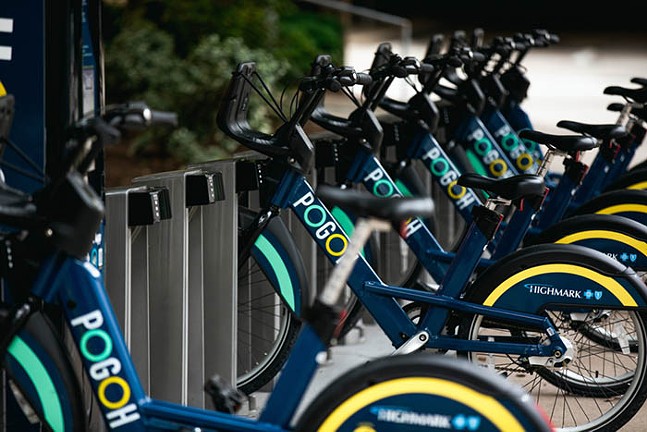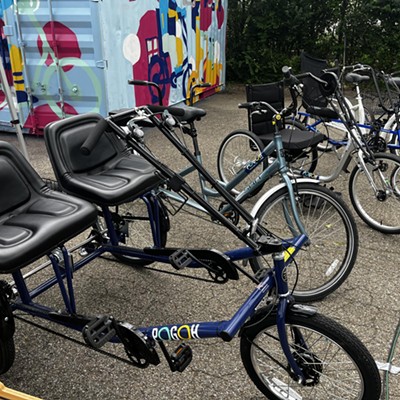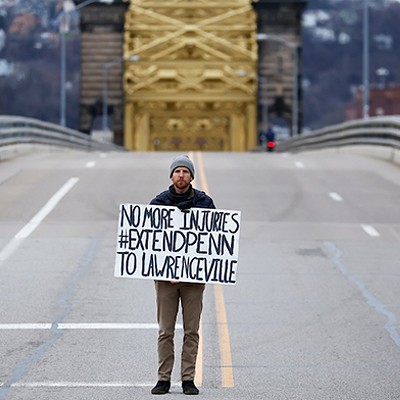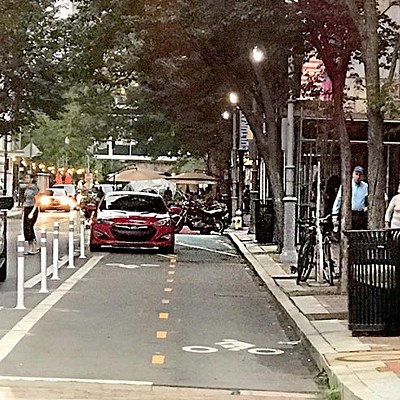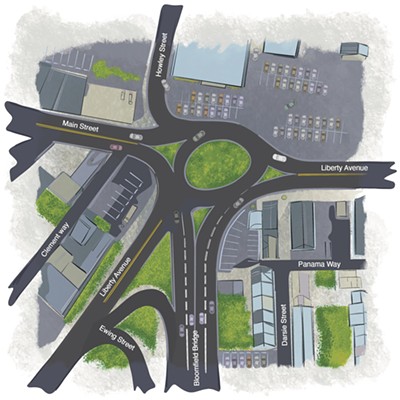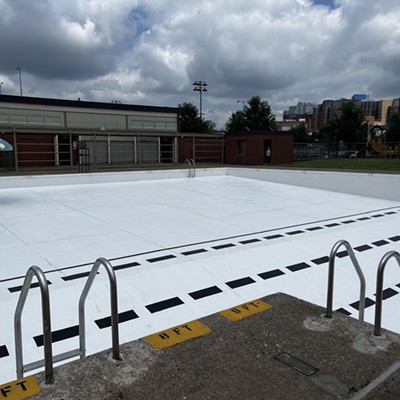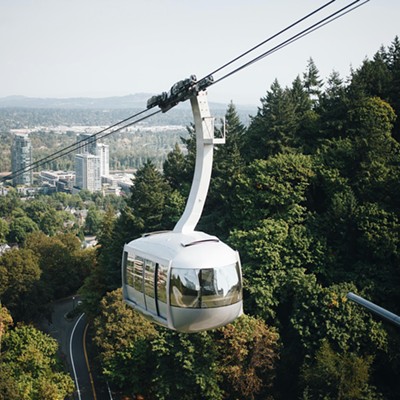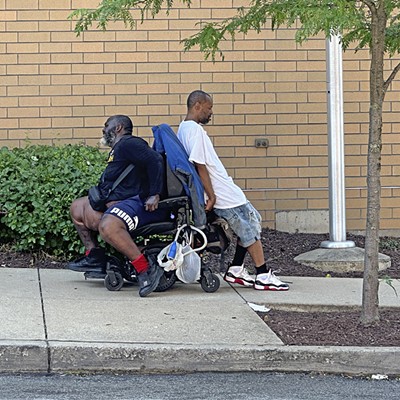A quarter of all Pittsburgh residents do not have access to a vehicle, according to a 2022 study by BikePGH.
One solution to this transportation gap, advocates say, could be expanding the city’s POGOH bike share system, enabling residents to travel in a more environmentally conscious way. The name comes from combining the concept of a pogo stick and Pittsburgh's characteristic final consonant.
POGOH Stations are currently clustered around Downtown, but the network extends to Lawrenceville, Bloomfield, Squirrel Hill, and the South Side Flats area. Its mission is to “provide Pittsburgh with a joyful, sustainable, and affordable mobility service for all residents and visitors.”
POGOH offers multiple plans, including more affordable and inclusive options through the Mobility Justice Membership for people who receive government assistance. The service operates an active map online that updates to show which charging docks are full or empty at each individual POGOH bike location.
The program was rolled out in 2022 as a replacement to Healthy Ride, both of which were launched by Pittsburgh Bike Share. The nextbike app is no longer in use and ConnectCard users cannot have access to unlimited 15 minute rides under POGOH. The staff and board have undergone slight changes since last year's transition.
As detailed on their website, POGOH aims to expand to sixty stations in Pittsburgh throughout 2023.
“Expansion is essential for building a bikeshare network that's useful for more people, for more trips," Erin Potts, POGOH's director of marketing and communication outreach tells Pittsburgh City Paper. "This upcoming expansion is particularly exciting because we're connecting new neighborhoods to the bikeshare network as well as filling in some important gaps in coverage in our current coverage area. The e-assist bikes also make expanding into some of our hilly neighborhoods possible, so areas that once seemed out of reach are now being included in bikeshare for the first time,”
Biking in Pittsburgh has been expanding since the introduction of the first modern bike lane in 2007, according to BikePGH. There are miles of bike lanes in Pittsburgh, which can be traversed throughout the year safely in reasonable conditions. According to the United States Census American Community Survey 5-year estimates, “bike commuting has nearly doubled over the past ten years,” in Pittsburgh.
Advocates hope that expanding biking opportunities might encourage those who commute by car to consider traveling to work or school by bike instead.
“When the infrastructure becomes good enough, the term ‘biking culture’ stops making sense. People stop identifying with phrases like ‘bike commuter,’ in the same way almost nobody would self-identify as a 'car commuter'— they're just a commuter,” says Armin Samii, founder of dashcam.bike, an app that allows the user to turn their smartphone into a mobile dashcam.
According to a 2020 crash case study of Penn Avenue bike lanes between Stanwix and 16 St., recording statistics 52 months before and 52 months after the installation of the Penn Avenue Bike Lanes, the number of crashes involving pedestrians decreased by 32%.
Cyclists are not the only people at risk in Pittsburgh, as statistics show that pedestrians are a third of all fatalities in the city, according to Bike PGH!
Pittsburgh's scooter ride-share program, Spin, has some support as an alternative transit solution. But it also has vocal detractors. Pittsburgh's current pilot agreement concludes in July, according to TribLive, and may or may not be extended. The spin program was introduced on July 9 of 2021, in order to build a more equitable transportation system within the city, according to The Downtown Blog.
Over the course of two years, the program has resulted in scooters being left in the middle of sidewalks, and some say they pose a danger to pedestrians. According to 90.5 WESA, some Pittsburgh residents are, “hesitant about its potential to continue.”
Still, some bike advocates support the program, or at least envision a scenario where aspects are improved.
“We are in support of the city renewing their operation," Eric Boerer, advocacy director at Bike PGH! tells City Paper. "While there are issues, we have found that their problems are getting better. SPIN has been proactive in creating safe bump-outs options for e-scooter users and pedestrians."
Biking in the city is growing in popularity, appealing to those who need to get to their friends, family, or workplace.
“The more people who know friends, coworkers, and family members who ride bikes for transportation not only makes biking safer, but it also causes more people to consider it for themselves," says Potts. “If you see people who look like you are riding bikes, you're much more likely to consider it as an option for yourself, which is exciting because it also creates a much more inclusive biking culture in our city.”

